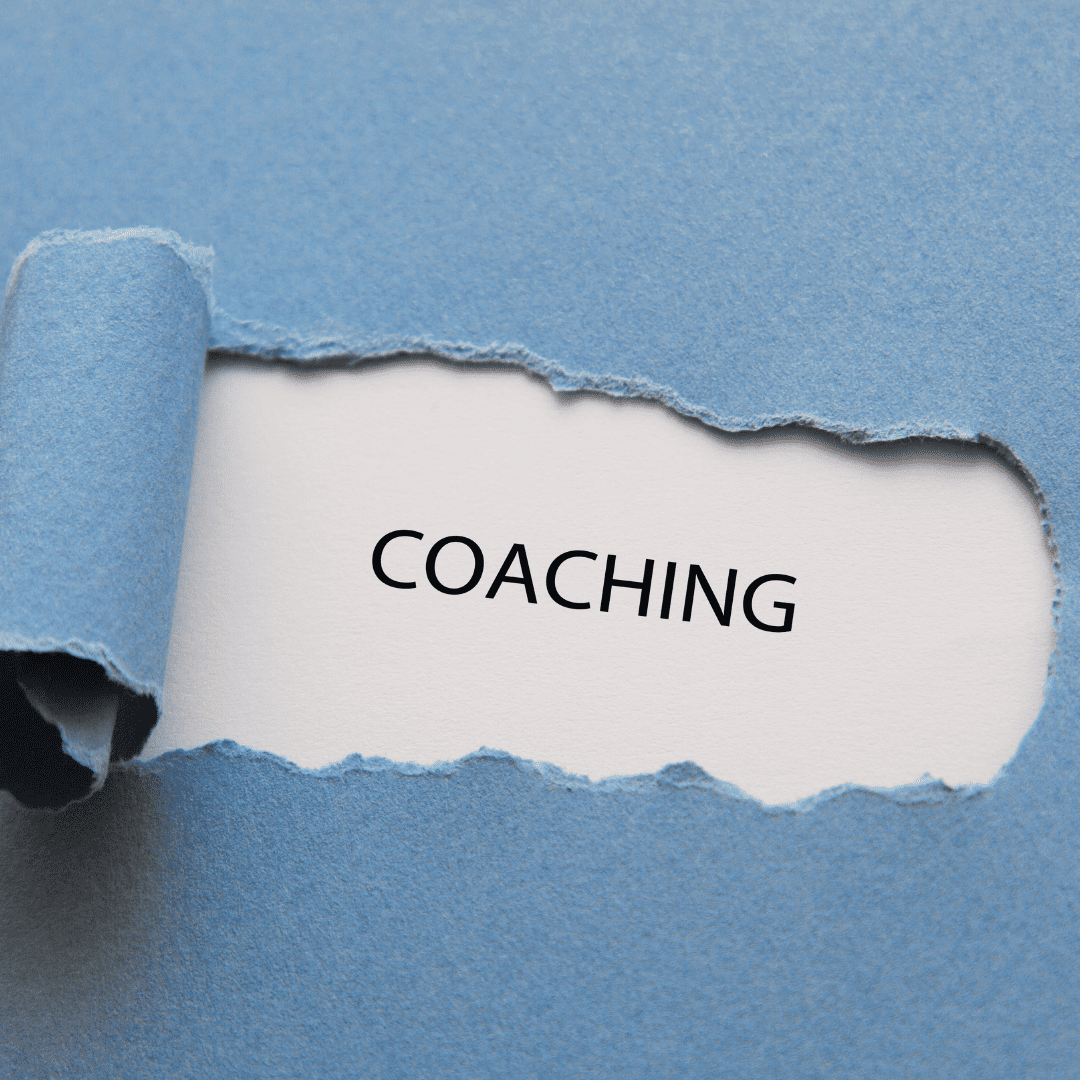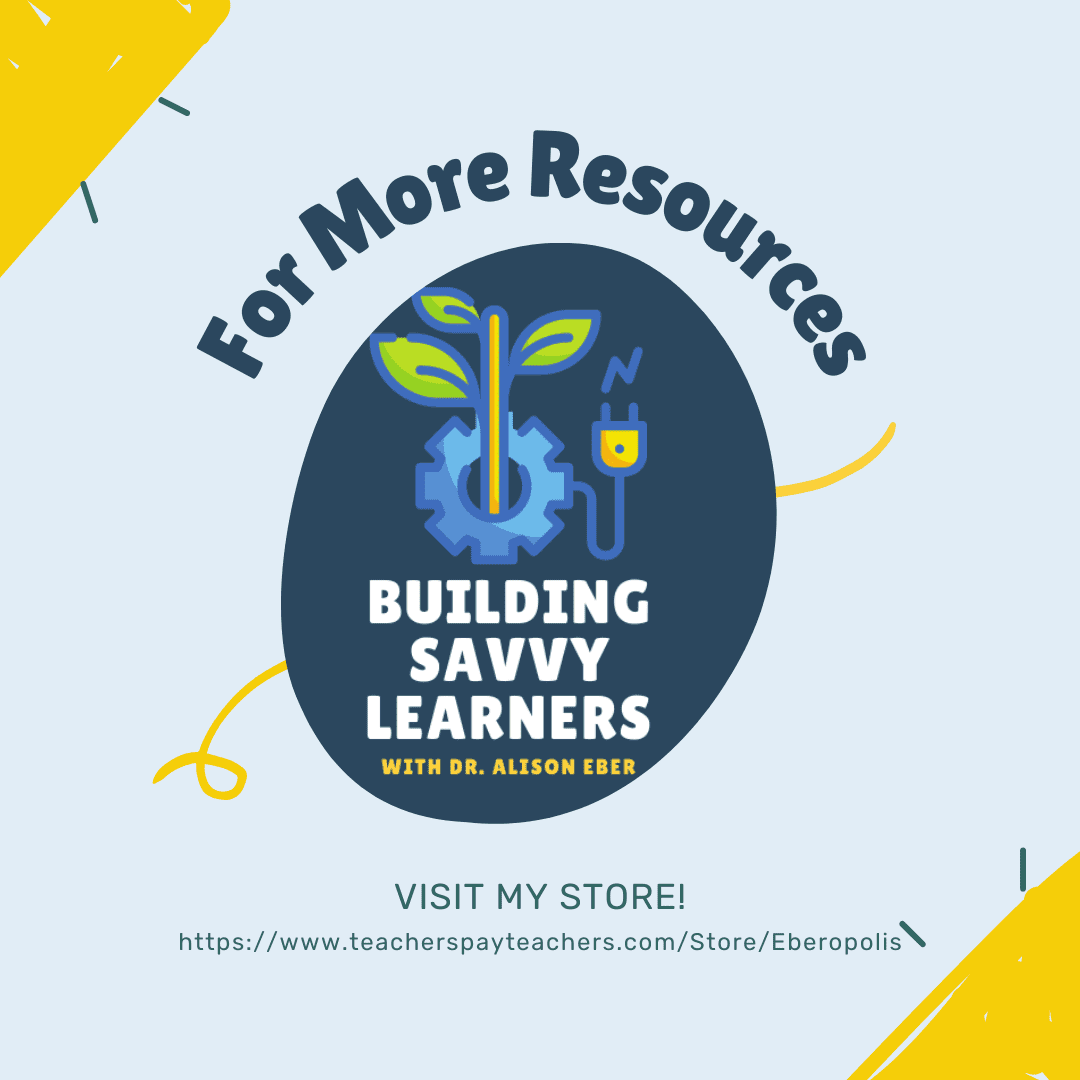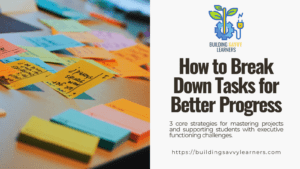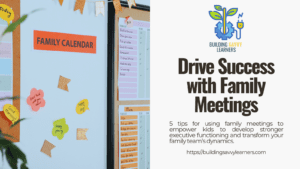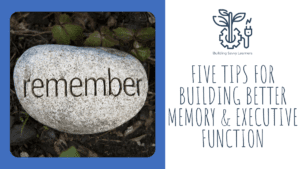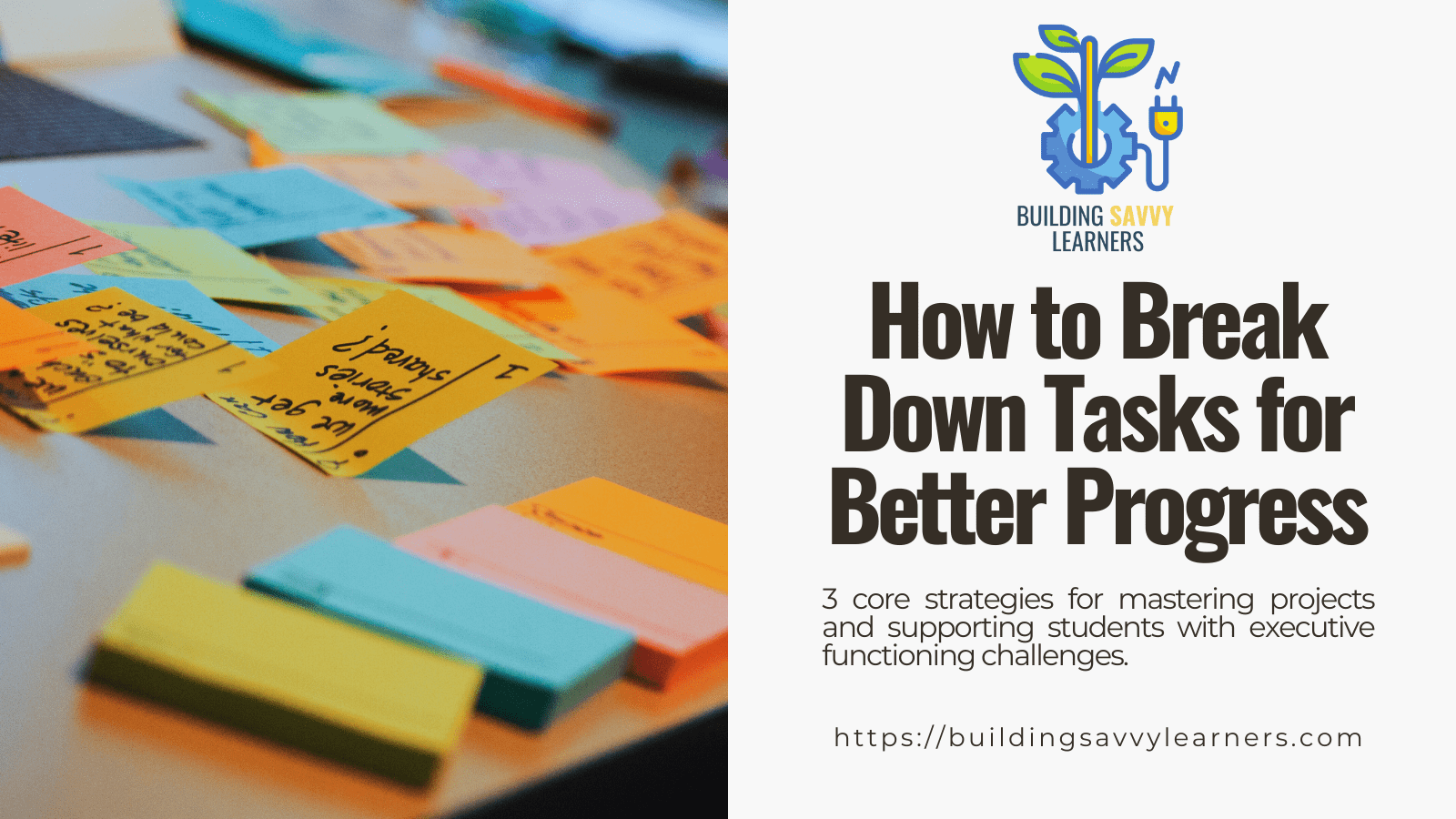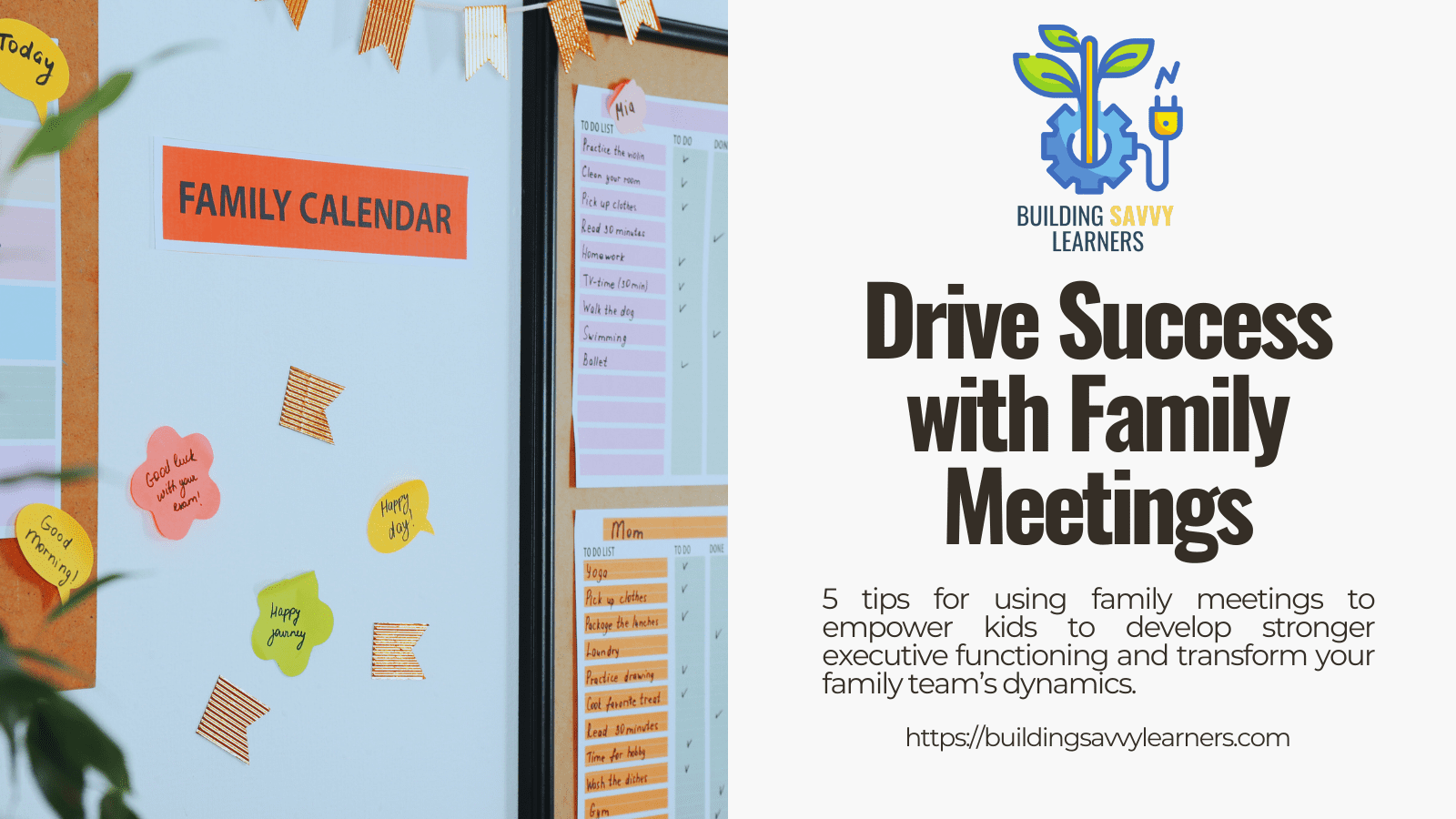If you or someone you know is struggling with school, you might want to ask: How are their executive function skills?
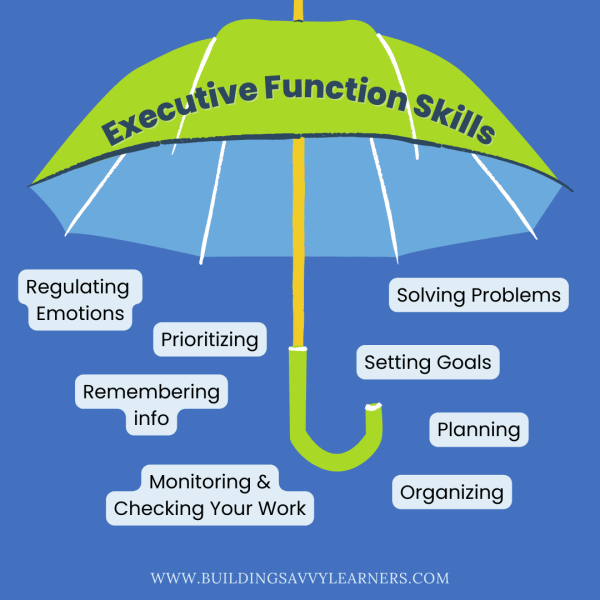
Definition of Executive Function Skills
Executive function (EF) is an umbrella term that describes the various skills that go into managing your life. It includes things like
- setting goals,
- planning,
- prioritizing,
- organizing,
- remembering and manipulating information,
- solving problems,
- being self aware and checking your work, and
- regulating your emotions.
Why I Became an EF Coach
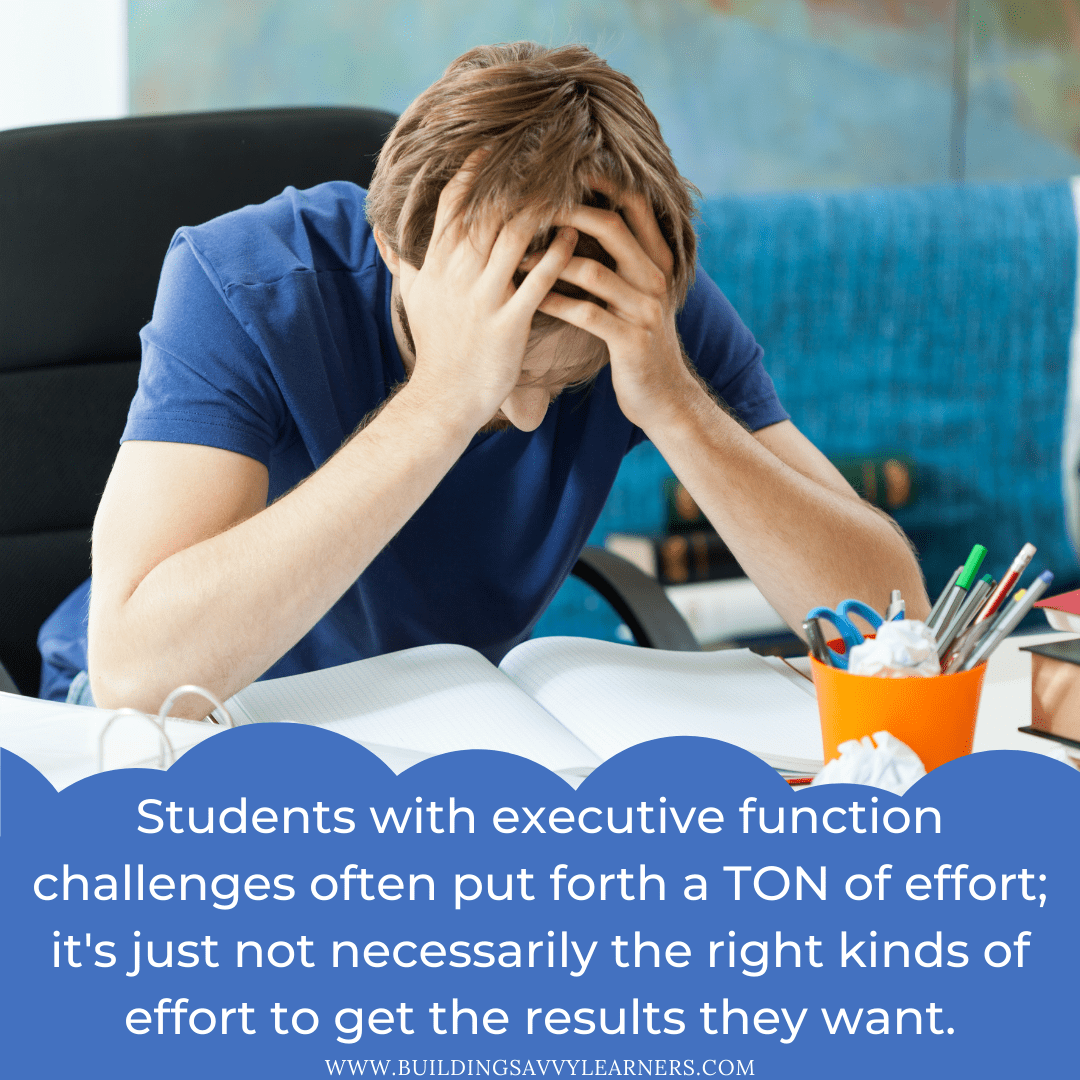
One of the reasons I gravitated towards classroom technology as a teacher was because it created executive functioning scaffolds. Those eased some of the cognitive burdens so kids could focus more on the learning. Then, once I started co-teaching more inclusion classes, it became an even bigger focus of my work. I dug into the research, did lots of experimenting, and delivered local and regional presentations to other educators about using technology to support executive function.
Examples of Executive Dysfunction
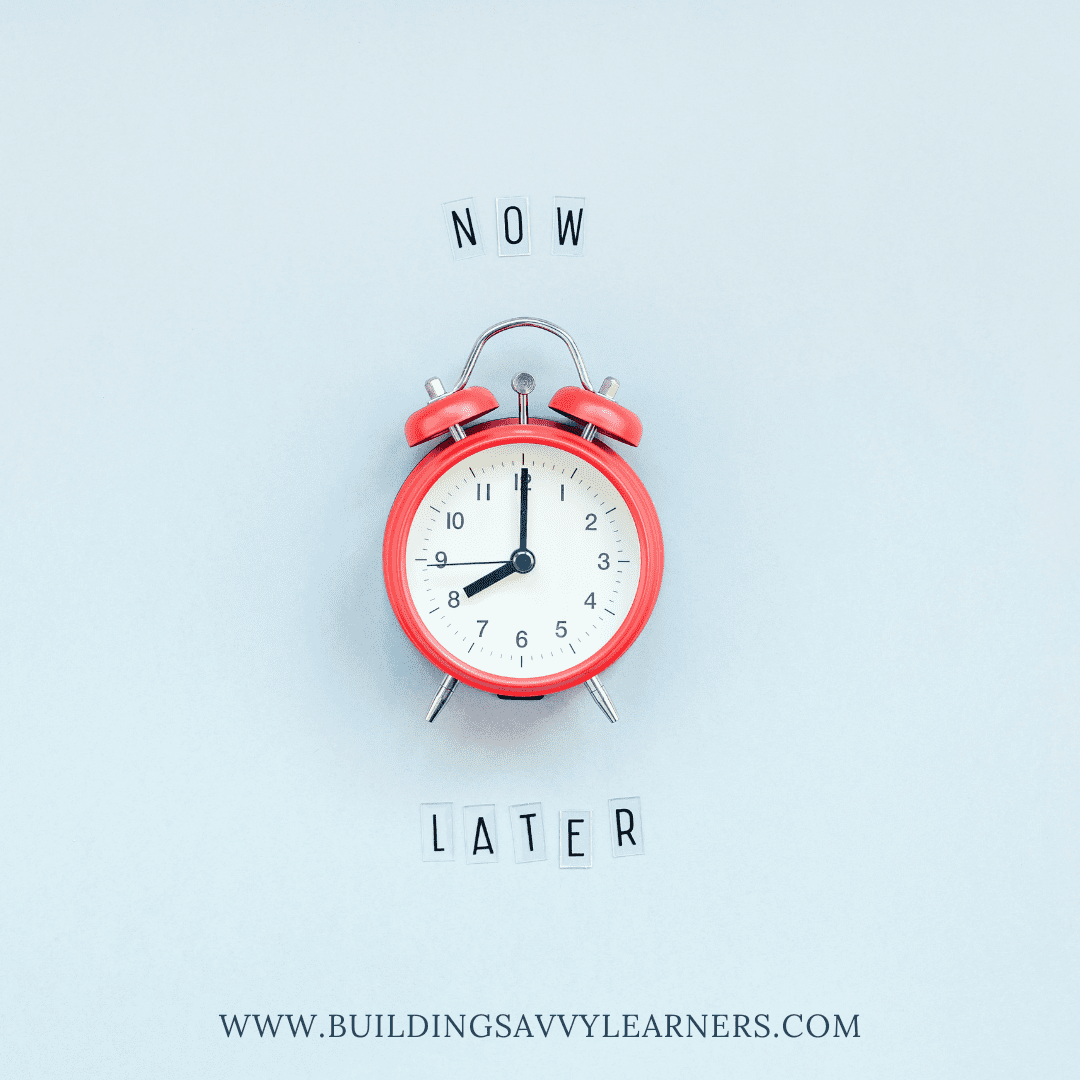
Executive Function Skills Checklist
If you’re interested in learning more about executive function and are wondering if maybe it’s something your child struggles with, then you should check out my free eBook, “Does My Child Need Executive Function Help?” The guide describes several common pain points grouped by skill to help you develop a better understanding of where your child’s executive function strengths and weaknesses fall.
How a Coach Can Help
